- Individuals & Families
- Businesses
- Agents & Brokers
- Embedded Insurance

Chubb ranked #1 for Customer Satisfaction with the Home Insurance Claims Experience

Chubb ranked #1 for Customer Satisfaction with the Home Insurance Claims Experience

Chubb ranked #1 for Customer Satisfaction with the Home Insurance Claims Experience

Chubb ranked #1 for Customer Satisfaction with the Home Insurance Claims Experience

Because pets are family, Chubb now offers pet insurance with top-rated coverage from Healthy Paws.

Chubb offers the insurance protection you need for travel’s many “what ifs”.

Chubb protects small businesses at every stage – from newly formed start-ups to long-time anchors of the community.

Stay ahead of cyber threats with our free Cyber Claims Landscape Report.

Learn more about our dedicated learning paths, Online Learning Center, and more.

Many digital-savvy consumers look for it as a core or add-on option.

Many digital-savvy consumers look for it as a core or add-on option.

Many digital-savvy consumers look for it as a core or add-on option.

Chubb’s in-house technology makes it easy to integrate what we do into your customer experience.
-
About
-
Claims
-
Login & Pay Bill
For Agents & BrokersFor Travel Advisors
-
Back
If you are considering buying a second home, this is an exciting time for you. Whether you’re looking for a vacation hideaway, rental property or fixer-upper to flip, here are some things to consider as you start evaluating and researching your options:
Figure out a budget – and try to stick to it.
If it’s possible, pay for your second home with cash and know how much you want to spend up front. Figure out solid estimates for the property itself, closing costs, furniture and appliances, as well as an emergency fund to cover three to six months of insurance, utilities, taxes and HOA fees, if applicable. If you are unable to pay with cash, be sure to shop around for the most competitive interest rate and terms you can find.
Scope out the neighborhoods that interest you.
If possible, drive or walk the neighborhoods that you are considering, to get a real sense of what they’re like. Talk to a tax or real estate professional to see what the property tax rates are like and if they’re expected to increase. If it’s a growing neighborhood, you may be asked to pay additional taxes in the future to finance schools and other services.
To help ensure that you’ll be able to grow the equity in your property, consider passing up the nicest property in the lower end neighborhood and opt instead for a less attractive property in a nicer neighborhood.
Work with a trusted real estate agent.
Working with a local real estate agent who has a solid reputation can make your life so much easier as you consider homes to buy. Connect with someone you trust and lean on them to provide information, insights and help you bargain for the best deal.
Get an inspection.
In a frenzied seller’s market, you may think that skipping the inspection and appraisal will help you win the property. But without an inspection, you risk spending hundreds of thousands of dollars on a home that could have major defects that aren’t obvious to the average person or to the naked eye. If possible, spend the time and money to get a thorough inspection and appraisal before signing papers. If you can’t take the time, look to your realtor to provide information about the home and help you make an educated decision about the risks.
If you’re one of the lucky ones to be able to purchase a second home, taking the time to do your research beforehand can make a big difference in your outcome.
Insights and expertise
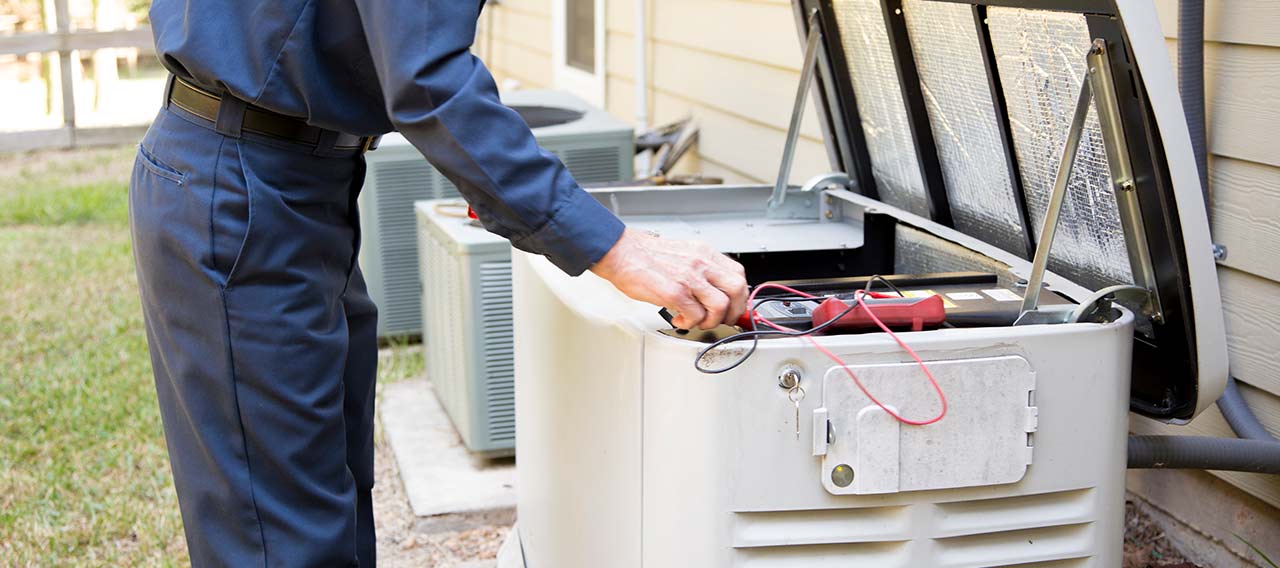
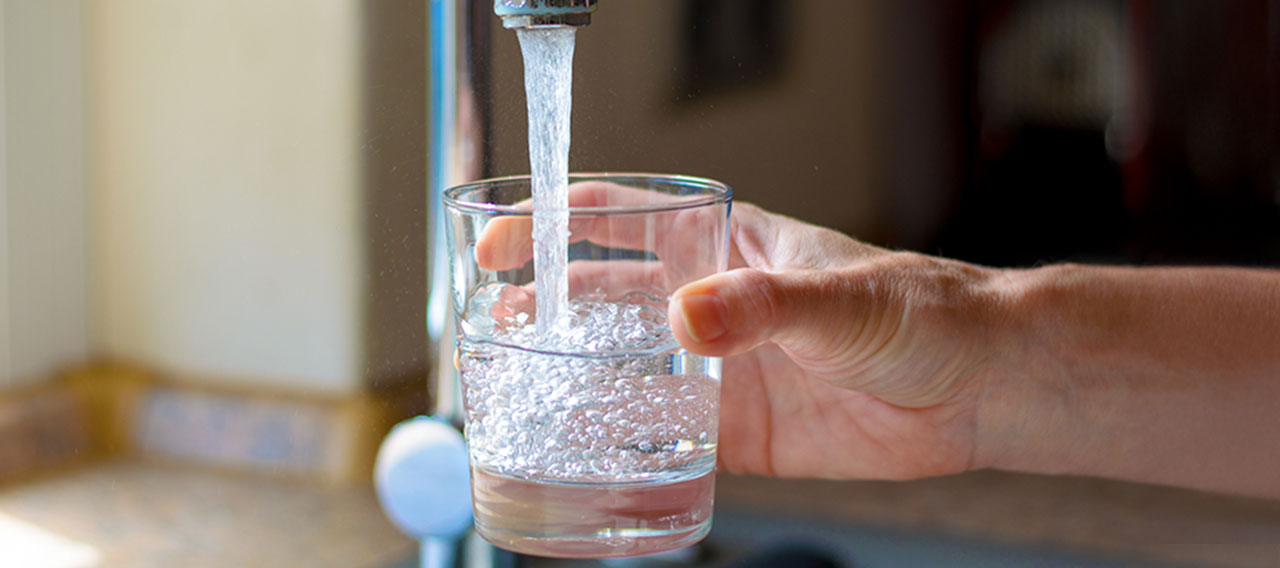

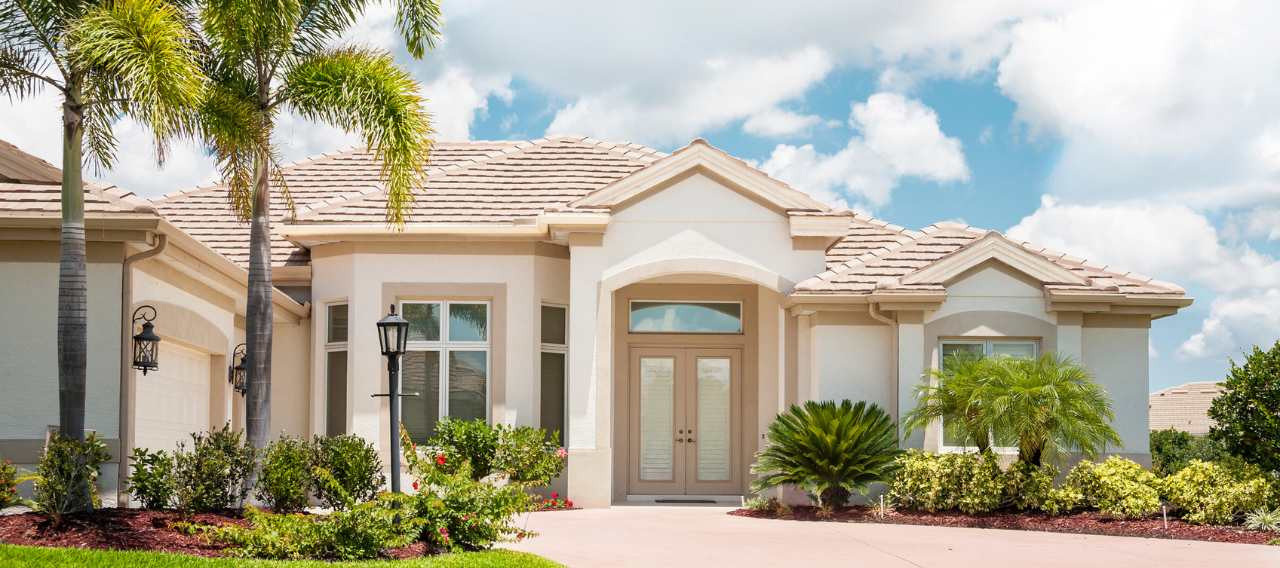
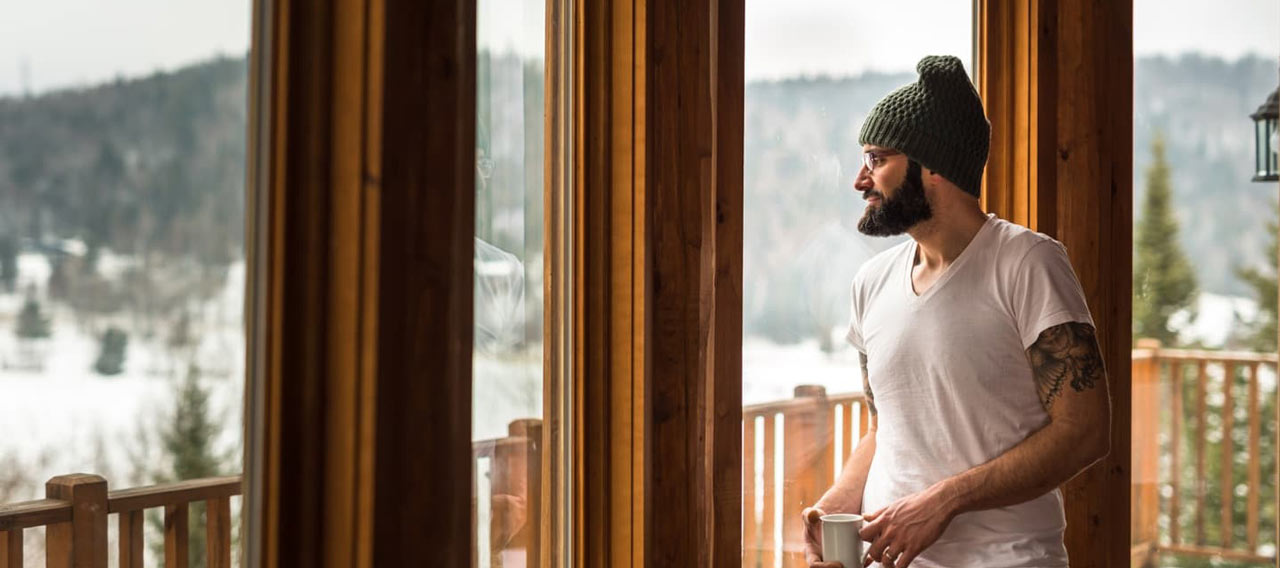

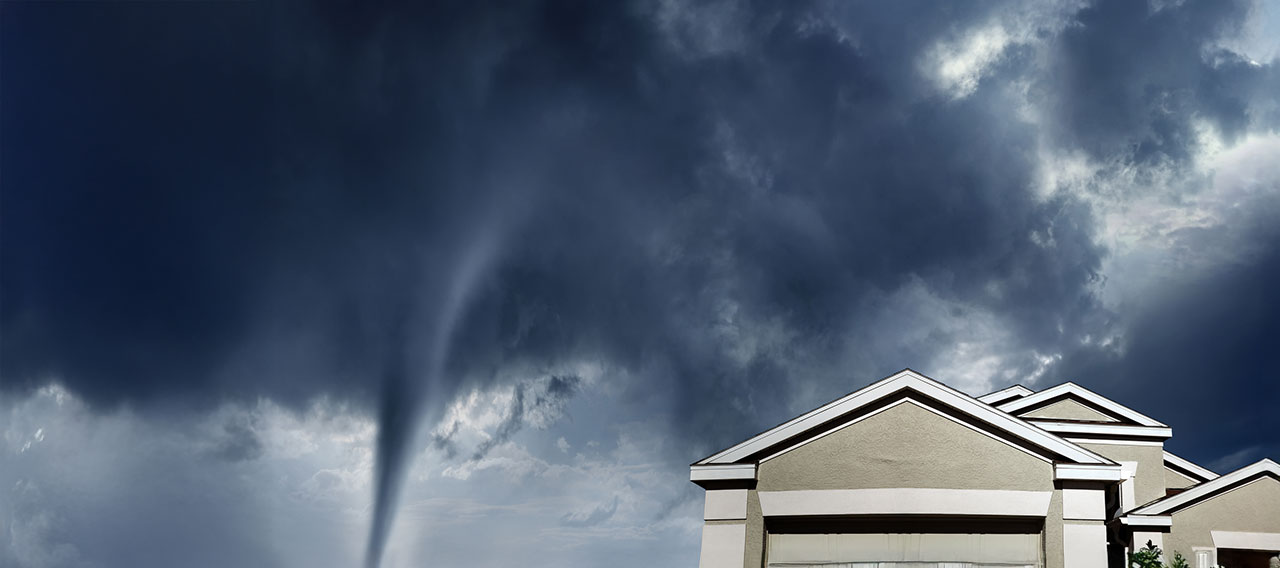
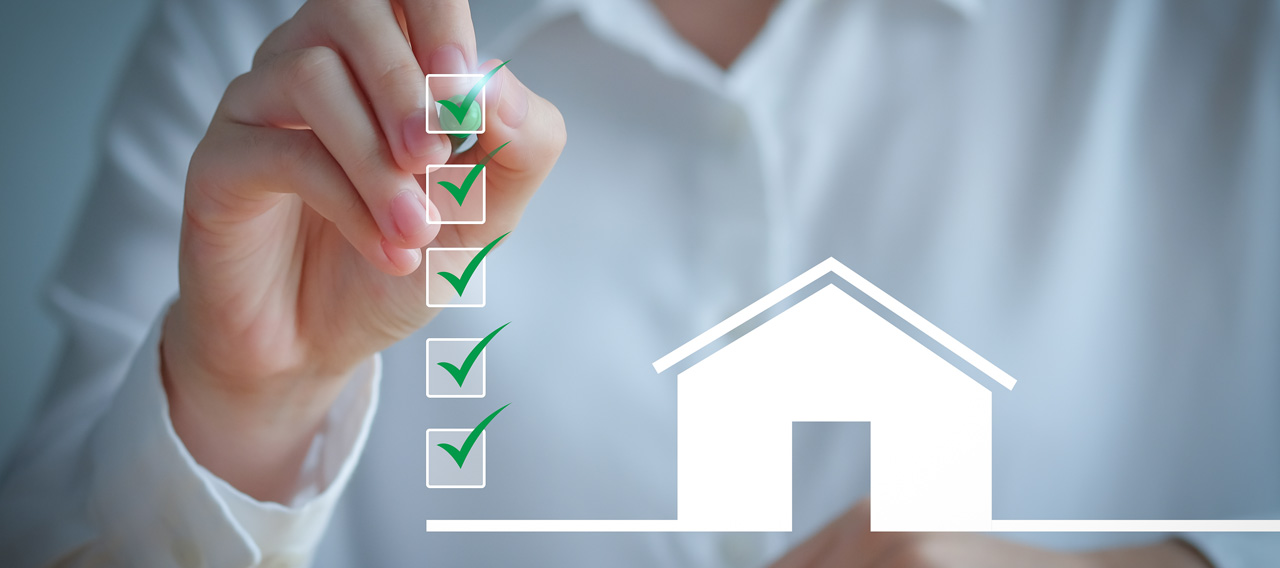
Get a personal insurance quote
Work with an independent agent to get personalized insurance solutions.
This document is advisory in nature and is offered as a resource to be used together with your professional insurance advisors in maintaining a loss prevention program. It is an overview only, and is not intended as a substitute for consultation with your insurance broker, or for legal, engineering or other professional advice.
Chubb is the marketing name used to refer to subsidiaries of Chubb Limited providing insurance and related services. For a list of these subsidiaries, please visit our website at www.chubb.com. Insurance provided by ACE American Insurance Company and its U.S. based Chubb underwriting company affiliates. All products may not be available in all states. This communication contains product summaries only. Coverage is subject to the language of the policies as actually issued. Surplus lines insurance sold only through licensed surplus lines producers. Chubb, 202 Hall's Mill Road, Whitehouse Station, NJ 08889-1600.


